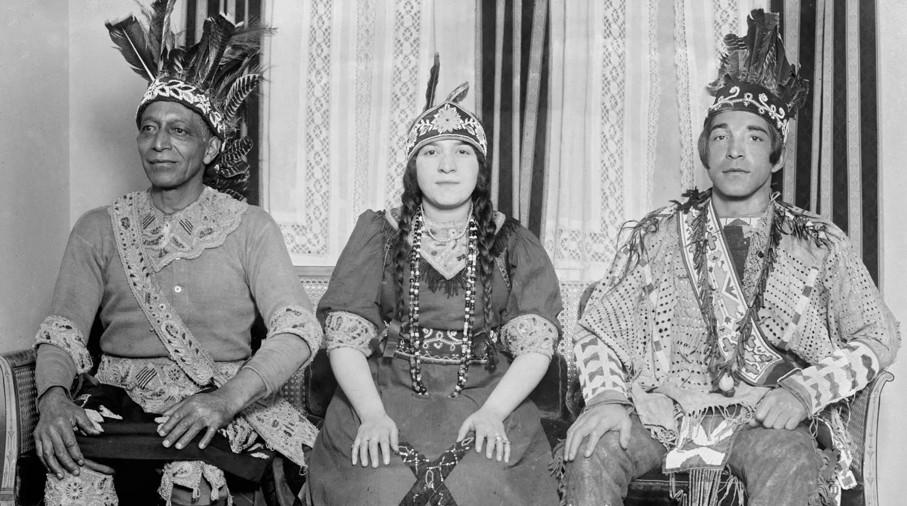
Mention “Léon and Matilda” to any film buff, and watch their eyes light up with a mix of recognition, reverence, and perhaps a touch of unease. For over two decades, Luc Besson’s 1994 masterpiece, Léon: The Professional (or simply The Professional in some regions), has captivated, disturbed, and indelibly etched itself into cinematic history through its unforgettable, deeply complex, and often controversial central relationship.
It’s a story born of fire and ice, a raw, unflinching look at two souls, diametrically opposite yet bound by the cruelest of circumstances.
Two Worlds Collide: The Setup
On one side, we have Léon (Jean Reno), the titular “cleaner” – a hitman with a code, a quiet loner whose most cherished companion is a potted plant. He lives a life devoid of human connection, his days marked by the methodical precision of his lethal trade and the simple comfort of milk. He is an anachronism, a gentle giant trapped in a violent profession.
On the other, Matilda (Natalie Portman, in an astonishing debut), a precocious, street-smart twelve-year-old girl whose world is abruptly, violently torn apart. Witnessing the brutal murder of her entire family by the deranged, corrupt DEA agent Stansfield (Gary Oldman in an iconic, terrifying performance), Matilda finds herself utterly alone, clinging to the slim chance of survival.
Their worlds collide on a dingy New York City hallway, a single knock on Léon’s apartment door changing both their destinies forever.
A Bond Forged in Shadow and Silence
What unfolds is a masterclass in character development and relational dynamics. Léon, initially reluctant, offers Matilda sanctuary, not out of altruism but a flicker of a long-dormant human impulse. Matilda, driven by a thirst for vengeance and a desperate need for a protector, quickly recognizes Léon’s unique skills. She sees not just a killer, but a lost soul, much like herself.
Their relationship morphs into a strange, twisted mentorship. Matilda learns the “rules” of Léon’s trade, showing an unsettling aptitude for strategy and precision. Léon, in turn, finds himself caring for her, teaching her to read, sharing his quiet rituals, and breaking his own cardinal rule: “No women, no kids.” The potted plant, once his only companion, becomes a metaphor for Matilda herself – a fragile life he must nurture and protect in an inhospitable world.
Their shared loneliness forms the bedrock of their connection. Léon, for the first time, experiences love and purpose beyond his work. Matilda finds a surrogate father, a protector, and the only person who truly sees her.
The Edge of Controversy: Navigating Uncomfortable Truths
No discussion of Léon and Matilda is complete without acknowledging the uncomfortable truths and controversies the film bravely, yet delicately, treads. The age gap, Matilda’s burgeoning sexuality, and her romantic overtures towards Léon are undeniably unsettling. Besson, however, navig navigates this with a nuanced hand, largely portraying Léon as deeply uncomfortable with her advances, firmly rejecting them, and ultimately embodying a paternal protector rather than a predatory figure.
The film challenges us to look beyond simplistic labels. It forces us to confront the nature of love, protection, and innocence in the most extreme circumstances. It asks: can a bond of deep affection exist outside conventional societal norms, especially when forged in such a crucible of violence and despair? The brilliance of Portman and Reno’s performances lies in their ability to convey the raw, messy truth of this relationship without glorifying the problematic elements.
The Enduring Legacy
Léon: The Professional remains a powerful, poignant, and often brutal exploration of human connection. It’s a film that lingers long after the credits roll, thanks to:
- Unforgettable Performances: Natalie Portman’s debut is nothing short of phenomenal. Jean Reno’s stoic, gentle hitman is iconic. And Gary Oldman’s unhinged Stansfield is a villain for the ages.
- Stylistic Brilliance: Luc Besson’s direction is visually stunning, blending gritty realism with moments of stark beauty and intense action.
- Emotional Resonance: Despite the violence and darkness, the film is ultimately a story about love, loss, survival, and the profound impact two unlikely souls can have on each other.
Léon and Matilda’s story isn’t a fairytale. It’s a tragic, beautiful, and deeply human journey that reminds us that connection can bloom in the most barren of landscapes, offering a fragile hope even when surrounded by despair. It’s a testament to the enduring power of cinema to explore the messy, complicated, and utterly compelling facets of the human heart.






